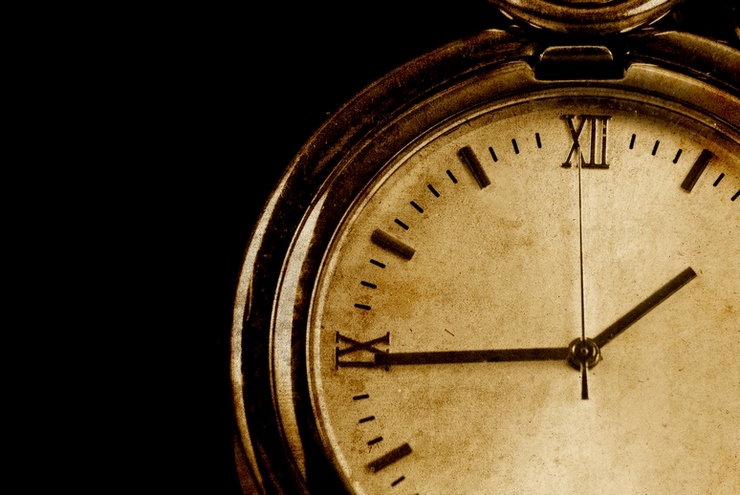Your friend Joyce from another country wants you to have a video call at 20.**.2017 12:00. Will you join?
Oh, you can’t, because you don’t know the exact moment in time? How about at 20.12.2017 12:00?
Nope, still wrong, and even further from the real time. How can we be sure what the time is?

The UTC Offset* Is Just As Important As The Day, Month, Year, Hour, etc.
Returning to the above example, only 20.12.2017 12:00 UTC+03:00 gives you enough information about when the call should happen. But are you sure you can always remember about the UTC+03:00 part? Even when it is not given to you?
A Real Life Example
Imagine you have a RESTful service that provides you data in the XML format, and that you are interested in the date when the subscription to your service was made.
1 | <subscription> |
Luckily, some of the caring developers of your company created a handy utility class to parse such dates, so that once you called the service, you can just write Date date = DateUtil.dateValue("20060501") and have the date of the subscription. And a tricky bug as well.
The reason for the bug is clear already. The JavaDoc states: “The class Date represents a specific instant in time, with millisecond precision.” But, as we just discussed, 20060501 is not enough to determine the specific instant in time, you also need the UTC offset. So you have two options:
- Request the missing part from the service, so that it will return
20060501 UTCto you. This is robust, but not always possible. - Make the right assumption about the UTC offset yourself and make sure your code takes it into account.
And stop using DateUtil. It pretends to be your friend by making your life easier, but in reality, it gives you a great opportunity to make a mistake. Instead of throwing out an exception that says “Sorry, mate, cannot parse your date, it does not contain enough information to be parsed” or using some other way to save you from the mistake, it just silently guesses the missing part (by using server time zone, for example) and returns the wrong result.
“Sure, But This Is Not My Case, I Do Not Use DateUtil“
Well, maybe you do not have any DateUtils in your code. But the more popular SimpleDateFormat suffers from exactly the same issues. Make sure you do not use it either.
Instead, use the new Java 8 Date and Time API or Joda Time, if you are stuck with an old Java. One of the advantages of these libraries is that they force you to provide the complete information. This way, they do not allow you to make the mistake.
To Summarize
Always take care with the UTC offset when working with dates. Use modern APIs and libraries, as they can help you with this.
* The UTC offset will not necessarily be given to you. If this happens, keep in mind that the time zone also fills the gap, as it keeps the offset information. So 20.12.2017 12:00 Europe/Moscow would be perfectly OK. However, remember the differences between the UTC offset and a time zone.